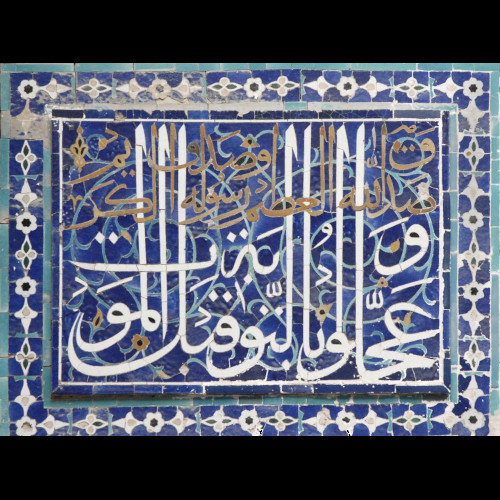Religion relates to the study and practice of ideas and rituals intended to express or commune with divine or otherwise metaphysical forces.
Soon after its founding in the 7th century, Islam swept with unprecedented rapidity across the medieval world. Subsequent clerics faced the challenge of collecting, verifying and transmitting the words of the Prophet over vast areas, and doing so within just a few generations of his passing. Developing Islamic theology asked how the revelations of Muhammed should be interpreted, and how the tenets of the new faith should be upheld and applied to everyday life.
At the same time, much of Central Asia was not Islamic. Zoroastrians, Christians, Jews and Buddhists coexisted with Muslims throughout Central Asia, either as permanent communities or transient visitors, for most of the medieval period. Their influences, along with the influence of Greek philosophy and secular rational inquiry, would shape religious debate in the region for centuries. Indeed, the practice of scholarship in medieval Central Asia was inextricably linked to religion, and much scientific inquiry had its motivations in questions of faith. These ideas may seem like strange bedfellows today, but throughout much of history advancements in the sciences have been rooted in human attempts to understand and describe the divinity assumed responsible for creation.
Scholars Who Studied Religion
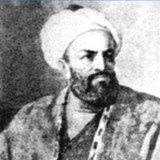 Bahauddin Naqshband
Bahauddin Naqshband
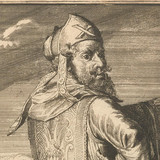 Nestorius
Nestorius
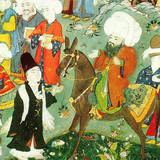 Rumi
Rumi
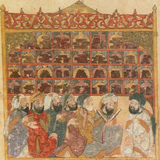 Al-Sijistani
Al-Sijistani

